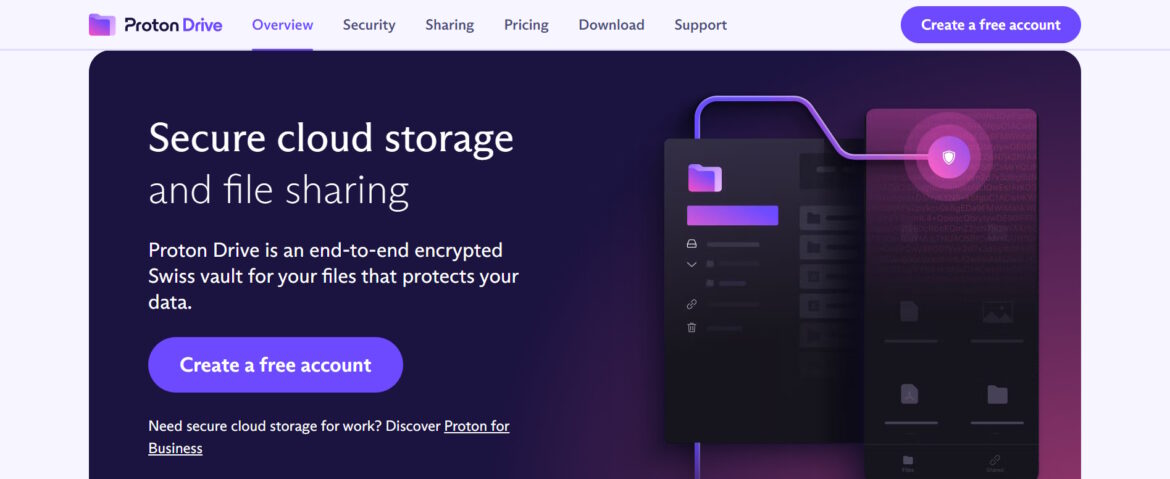Story Foundation has announced the launch of secure on-chain storage space for intellectual property-focused assets to offer programmable access and monetization.
Summary
- Story Foundation has announced upcoming launch of IP Vault, an onchain storage feature for sensitive intellectual property content.
- Vault will go live later this year with a devnet before a testnet and mainnet launches in 2026.
Story Protocol, which unveiled its layer-1 network for programmable intellectual property in February, has added to its growing ecosystem with a new IP Vault. The Andreessen Horowitz-backed project allows for tokenization, licensing, and monetization of IP assets directly on-chain without intermediaries.
As adoption and integration grow, the ecosystem has grappled with the challenge of access and storage of sensitive IP content. IP Vault is a feature the Story Foundation says will help solve this challenge for large organizations, IP holders, and ecosystem developers.
“IP Vault is a secure on-chain storage space attached to an IP asset that stores confidential IP data on Story. These vaults are protected by the network and can only be accessed by IP owners and their license holders,” the Story Foundation wrote in a blog post.
What are the use cases?
Vault will store encryption keys that unlock files hosted on platforms such as IPFS and Shelby, Story Foundation said.
It will thus act as a programmable access layer for intellectual property assets, with the IP natively accessible onchain via Story (IP)’s layer 1 blockchain.
As a confidential storage space, Vault will not just offer secure storage of encryption keys, but also allow for conditional decryption, a feature that gives IP owners power to define the rules that must be met before content is decrypted. This will open up the IP market to new monetization opportunities around artificial intelligence and real-world assets.
Real-world use cases include Poseidon, an AI-focused project incubated by Story and backed by a16z. The platform will use IP Vault to secure its AI training data.
“As a full-stack data layer, Poseidon bridges the gap between supply and demand for specialized, IP-cleared training data. IP Vault enables secure access to these datasets alongside their corresponding IP assets on-chain,” Sandeep Chinchali, co-founder of Poseidon, said.
Story plans to launch IP Vault on devnet later this year, with testnet and mainnet rollouts expected in 2026.










